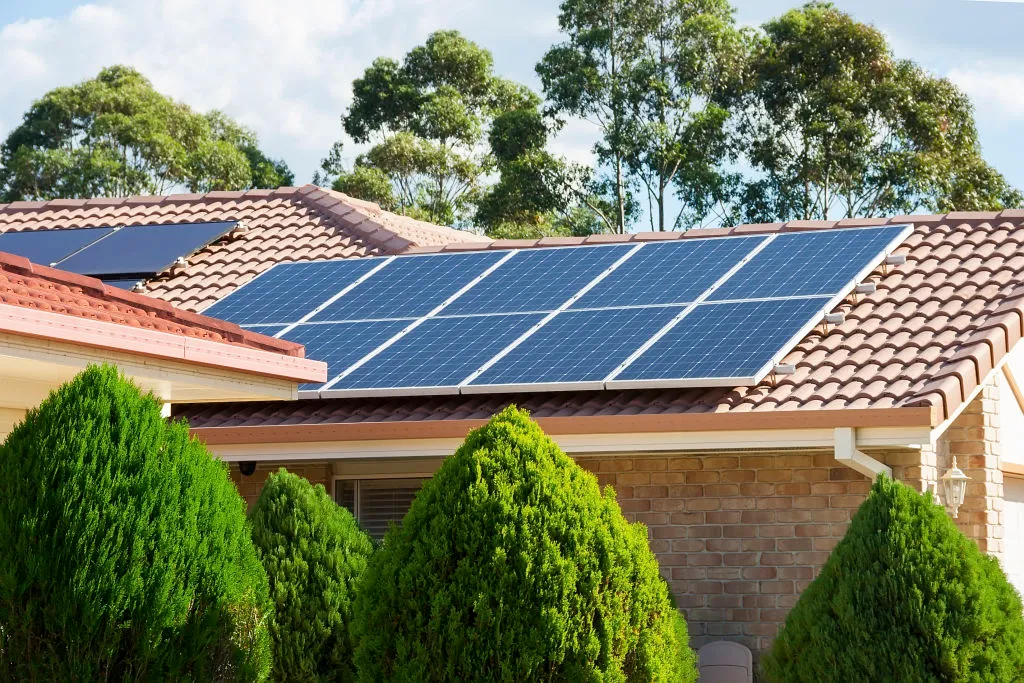
The Clean Energy Finance Corporation (CEFC) has announced a $100 million investment in a new initiative aimed at delivering affordable, sustainable homes across Australia. The strategy, managed by AXA IM Alts, plans to build up to 3,000 apartments, with at least half offered at below-market rents for eligible tenants in key employment hubs across major cities.
The homes will be energy-efficient, and designed to use renewable energy while reducing carbon emissions. This approach aligns with the International Energy Agency’s zero carbon buildings standards.
The first project, a 397-unit development in Westmead, Sydney, is set to deliver affordable housing for key workers near one of Australia’s largest health and education precincts. Scheduled for completion in late 2025, the development will house about 1,000 people, with half the units reserved for healthcare, teaching, and emergency workers.
Future projects will target a minimum 5-star Green Star certification and an average 7.5-star NatHERs energy rating.
AXA IM Alts has partnered with St George Community Housing (SGCH) to manage the Westmead property and other future developments in New South Wales.
CEFC CEO Ian Learmonth highlighted the importance of integrating sustainability into housing developments to reduce emissions and improve living standards. He noted that tenants often struggle to implement energy-saving measures in rental properties, and this initiative aims to make sustainable living accessible and equitable.
AXA IM Alts Head of Australia, Antoine Mesnage, said the strategy is part of their broader plan to expand affordable housing in cities like Sydney, Melbourne, and Brisbane. The Westmead project will serve as a scalable model for sustainable, affordable housing nationwide.
Buildings account for more than 50% of electricity use and nearly 25% of emissions in Australia, with residential properties responsible for around 24% of electricity use and over 10% of total emissions.
The CEFC has committed more than $1.2 billion to improving energy efficiency in Australian homes, including $170 million with SGCH between 2015 and 2017 to build 500 energy-efficient homes. It also supports homeowners through its $1 billion Household Energy Upgrades Fund to promote cleaner, more affordable energy.